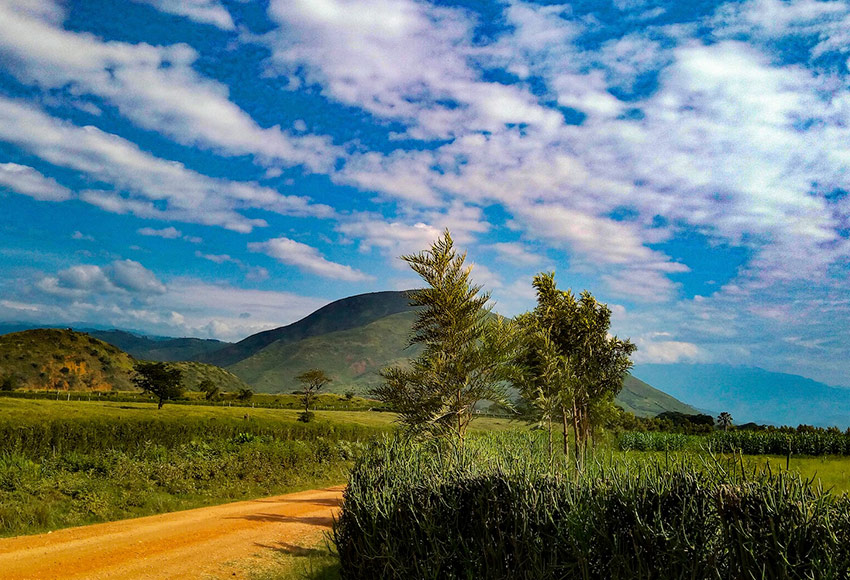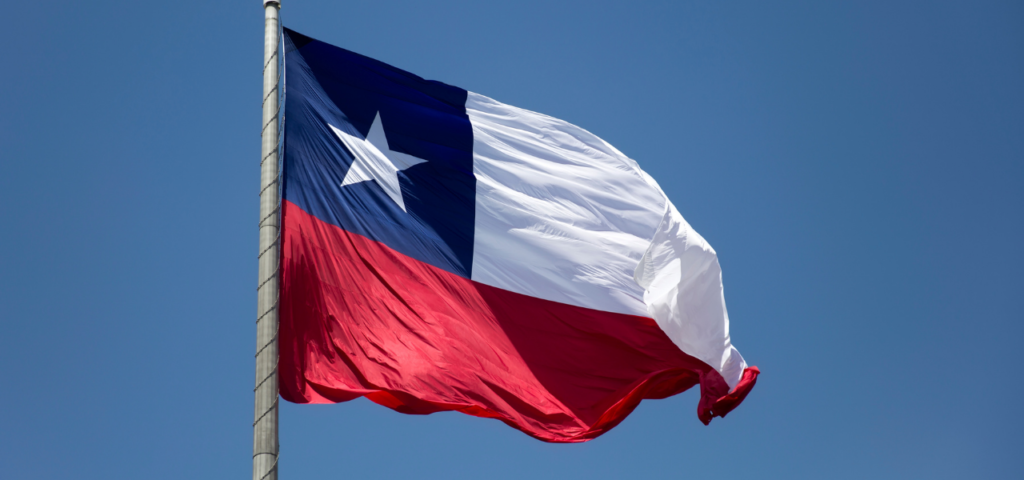The global climate crisis catalyzed the spread of environmental awareness across the world. Some of the efforts made to protect our natural resources have been centered around putting a price on these limited resources. The carbon credit system was developed to reduce greenhouse gas emissions. The success of this system relies on the effectiveness of the approach.
Many countries and businesses have reduced their carbon footprints and, simultaneously, ensured the environmentally, friendly, and sustainable development in the poorer communities. Therefore, it is evident that by commodifying natural resources, positive environmental action is rewarded, and governments can identify the importance of managing limited resources in an effective way.
Water, a finite resource
Water is one of the most important, natural, and finite resources on our planet. Its availability depends on numerous factors. In drought-prone regions, water is highly dependent on the rainfall patterns; however, as the effects of climate change have increased, droughts and desertification have become more prevalent. This implies a huge challenge for the many drought-stricken communities, which requires a prompt intervention. Water resource management, pollution and contamination of freshwater bodies reduce the amount of fresh, potable water for people to use and consume. For these reasons, it is crucial to use and manage the available water resources wisely and sparingly.
Water-based credits
The Water Benefit Standard (WBS) is an approach developed by the Gold Standard Foundation in order to provide financing for water projects that encourage better water resource management. Launched in 2014, the standard implements the same approach applied in the carbon credit system by giving monetary value to freshwater quality. Apart from that, it puts in place the “polluter-pays” principle and catalyzes many companies’ transition to better water-use practices.
With the WBS, the water-based credits, known as Water Benefit Certificates, are awarded to project developers who can demonstrate positive impacts about their activities. In communities that often experience clean water shortages, these activities have improved water quality and/or securing access. Each WBC awarded represents a certain volume of water that has been “sustainably supplied, purified and/or conserved by a given project” as stated in the Gold Standard’s WBS Requirements Framework.
The impact of the WBS is seen in many industries whose processes consume a plenty of water and frequently pollute freshwater bodies. As part of their Corporate Social Responsibility, several companies opt to invest in projects registered in the WBS, by purchasing the WBCs generated by those launches. This streamlines financing for WBS projects and since it adds a financial implication for the companies, it facilitates the introduction of improved processes that reduce the companies’ water-use. The importance of this approach is the assistance in improving water resource management and controlling the contamination of water bodies such as lakes, rivers and dams. As with the carbon credit system, trading the WBCs between polluters and those who improve water quality, creates a market that is expected to grow with the continued pressure to supply ever-growing populations with fresh water.
Water Benefit Standard projects
One of the first WBS projects, the Lango Safe Water Project, was created in the Lango region, in northern Uganda. The project developers’ intention was to provide the community with access to clean drinking water in a sustainable manner. Prior to the development of this project, the community had to rely on boreholes – most of which were often in disrepair – and river streams which was a challenge since water from the streams must be purified by the process of boiling the water using firewood. The project developers worked tirelessly to repair and rehabilitate the boreholes. Thus eliminating the community members’ dependence on river stream water. The WBCs generated from this project will help to promote the continuation of this project in other regions that struggle with freshwater shortages.

The success of this project not only provided clean water to the region, but it also reduced the CO2 emissions from burning firewood to boil the stream water. The environmental benefits from this pilot project illustrate the implementation of innovative strategies when communities work together for the good of the environment. Eventually, it is expected that more and more projects will be developed in order to protect our freshwater resources. Also, it will increase the awareness of using water sparingly. It is our endeavor, as custodians, to protect our Planet at all cost, even if it means to protect it against human actions.
At ALLCOT Trading, our mission is to promote additional sustainable impact with every transaction. If you want to achieve this in a fair, transparent and win-win scenario, contact us and together we will make it happen.



